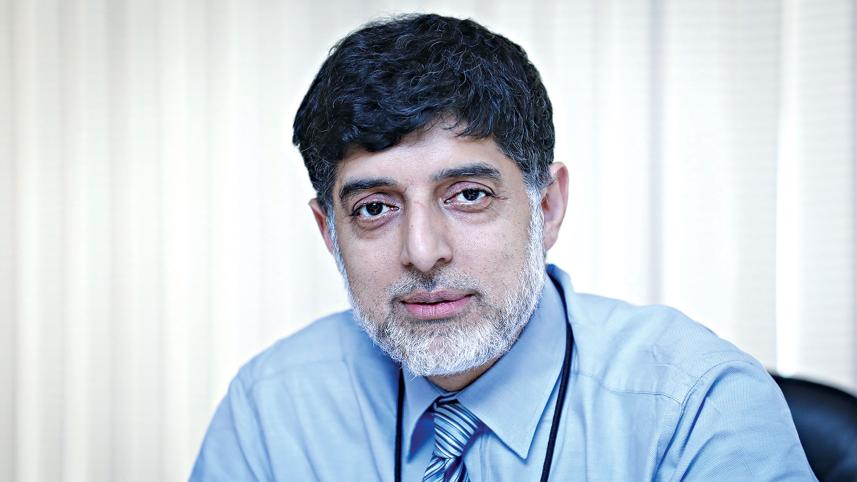Lack of lab accreditation hampers exports

Many of Bangladesh's laboratories are not internationally accredited, which creates challenges for exports, a leading food processor and conglomerate said at an event yesterday.
"When exporting to India or other countries, our goods are re-tested because our reports aren't accepted. This adds cost and complexity," said Ahsan Khan Chowdhury, chairman of Pran-RFL Group.
The Bangladesh Standards and Testing Institution (BSTI) must fast-track lab accreditation and international recognition, he added.
The event was organised by the BSTI at Krishibid Institution Bangladesh in Dhaka in celebration of World Standards Day.
He also said, "A recent example: I attempted to export fans to the Philippines. Their standards didn't align with ours, and we couldn't proceed."
"We need to align our standards internationally so that products from Bangladesh — fans, TVs, microwaves — can be sold globally," he said.
"Now, about halal certification, Bangladesh is the second-largest Muslim country, yet our halal certificates are not recognised by key Muslim markets like Malaysia and Indonesia. We must change this," he added.
SM Ferdous Alam, director general of the BSTI, said developed countries maintain exemplary standards, while many developing nations, including Bangladesh, continue striving to meet those benchmarks.
In a country of over 17 crore people, local manufacturers have created employment for hundreds of thousands, yet they must compete not only locally but globally by meeting both national and international standards, he said.
"Entrepreneurs take risks to produce export-quality products, often facing rejection from buyers over technical issues, while also contending with counterfeit goods that harm consumers and damage reputations," he added.
Alam said a recent test revealed that some cosmetic products contained hydroquinone levels over 2,000 times the legal limit, posing serious health risks to women, including liver and kidney damage and long-term reproductive harm.
Such actions are not only unethical but also dangerous, he said.
"Our labs also conduct microbiological testing and offer garment testing services critical to the RMG sector, including tensile strength, colour fastness, and chemical residue analysis, at affordable rates," he added.
Abdul Hasib Chowdhury, a professor and pro-vice-chancellor of the Bangladesh University of Engineering and Technology, said standards must reflect ecological and cultural realities.
"Even in the legal and ethical realm, our value systems differ from Western norms. While procedural justice dominates Western systems, our society prioritises moral justice and social responsibility," he said.
Therefore, in Bangladesh, something may be technically correct but ethically unacceptable, he mentioned.
"To address this, we must integrate ethics, values, and cultural understanding into how we define and apply standards," he added.
AHM Shafiquzzaman, president of the Consumers Association of Bangladesh, said Bangladesh's private sector has made remarkable progress and plays a vital role in driving the country's economy, creating jobs, and expanding exports worldwide.
"However, a critical challenge we face is the widespread issue of counterfeit products in the market, including well-known local brands," he said.
The BSTI and related authorities must increase their monitoring and public engagement, making consumers aware of quality standards and the risks associated with fake products, he mentioned.
Coordinated efforts between the government and the private sector are essential to protect genuine businesses, uphold product quality, and restore consumer confidence, he added.
Md Obaidur Rahman, secretary to the Ministry of Industries, said Bangladesh's export sector is growing, with companies like Pran-RFL Group and many pharmaceutical firms reaching over 150 countries.
Yet, Bangladesh's products face obstacles abroad due to the absence of agreements on mutually recognised standards, leading to rejections and financial losses, he said.



 For all latest news, follow The Daily Star's Google News channel.
For all latest news, follow The Daily Star's Google News channel.